Perhaps the handwritten manuscript of Dictionarium Anamitico-Latinum (1772) by P.J. Pigneaux is one of the first dictionaries to record these two compound words with Chinese characters: father-in-law (岳父), mother-in-law (岳母). Regarding the meaning, in Dai Nam Quoc Am Tu Vi (1895), Huynh-Tinh Paulus Cua annotated: father-in-law is father-in-law, mother-in-law is mother-in-law. Now, let's try to find the etymology of these two terms.
The origin of the father-in-law (岳父) story is from the story of Zhang Shuo (667 - 731) during the reign of Emperor Xuanzong of Tang. One day, after the emperor offered sacrifices to the gods at Mount Tai (the first mountain in the Five Mountains), Prime Minister Zhang Shuo (some documents say Zhang Yue) immediately promoted his son-in-law Zheng Yi to the fifth rank and gave him red clothes. However, according to the regulations of the Tang Dynasty at that time, after the sacrificial ceremony, all officials below the Three Dukes were demoted by one rank. Emperor Xuanzong was surprised and asked Zheng Yi, but Zheng Yi did not dare to answer. Huang Fanxiao, who was standing nearby, told the emperor: "That is the power of Mount Tai" ( Try Taishan Liya ). What Huang Fanxiao said had two meanings: one was thanks to the occasion of the sacrifice to the gods of Mount Tai; the other was thanks to the power of his father-in-law. From then on, in China, sons-in-law began to call their father-in-law Taishan . Do Thai Son also has another name, Dong Nhac, so Truong Thuyet is also called father-in-law or father-in-law .
In volume 16 of Tho Phong Luc, an 18-volume dictionary compiled by Co Truong Tu during the Qing Dynasty, there is a sentence: " The wife's father is also called father-in-law, or called Thai Son " which means "the wife's father is called father-in-law or Thai Son".
On Mount Tai, there is a mountain called Truong Nhan Phong (because of its shape resembling an old man), so the father-in-law is also called the music staff or the music staff . The word music staff (岳丈) comes from the title of the poem Dai Tho Nhac Truong by Doctor Hoang Cong Phu, who composed this seven-word poem during the Ming Dynasty to commemorate the birthday of his father-in-law.
Mother-in-law (岳母) comes from the phrase " mother-in-law lau chi" in the book Gao Zhai man luc by Zeng Cao of the Song Dynasty. In addition, there is another word called Thai Thuy (泰水), a nickname used to refer to mother-in-law, originating from the book Ke lac bien compiled by Zhuang Xuo at the end of the Northern Song Dynasty. In this book of textual research, Zhuang Xuo explains: " Thai Thuy, vi truong mu da " (Thai Thuy means mother-in-law).
From ancient times until now, the compound words father-in-law and mother-in-law are often used in formal situations, especially in writing, such as: "Respectfully visit father-in-law and mother-in-law" (p.125) or "mother-in-law" (p.608) in the book Dictionarium latino-anamiticum (1838) by Jean Louis Taberd.
In less formal situations, the terms father-in-law and mother-in-law are often used instead of father-in-law and mother-in-law . This is noted in the Dictionnaire annamite-francçais (langue officielle et langue vulgare) by Jean Bonet, published in 1899: father-in-law , beau-père (père de l'épouse) - father-in-law; mother-in-law , belle-mère (mère de l'épouse) - grandmother-in-law (p.50).
Finally, according to Dai Nam Quoc Am Tu Vi (same source), ancient Vietnamese used the word nhac (岳) with the general meaning of "father and mother-in-law" or called the father -in-law father-in-law, father-in-law, father-in-law or father-in-law ; and called the mother-in-law mother-in-law or mother-in-law .
Source: https://thanhnien.vn/lat-leo-chu-nghia-nhac-phu-va-nhac-mau-185250214212910849.htm



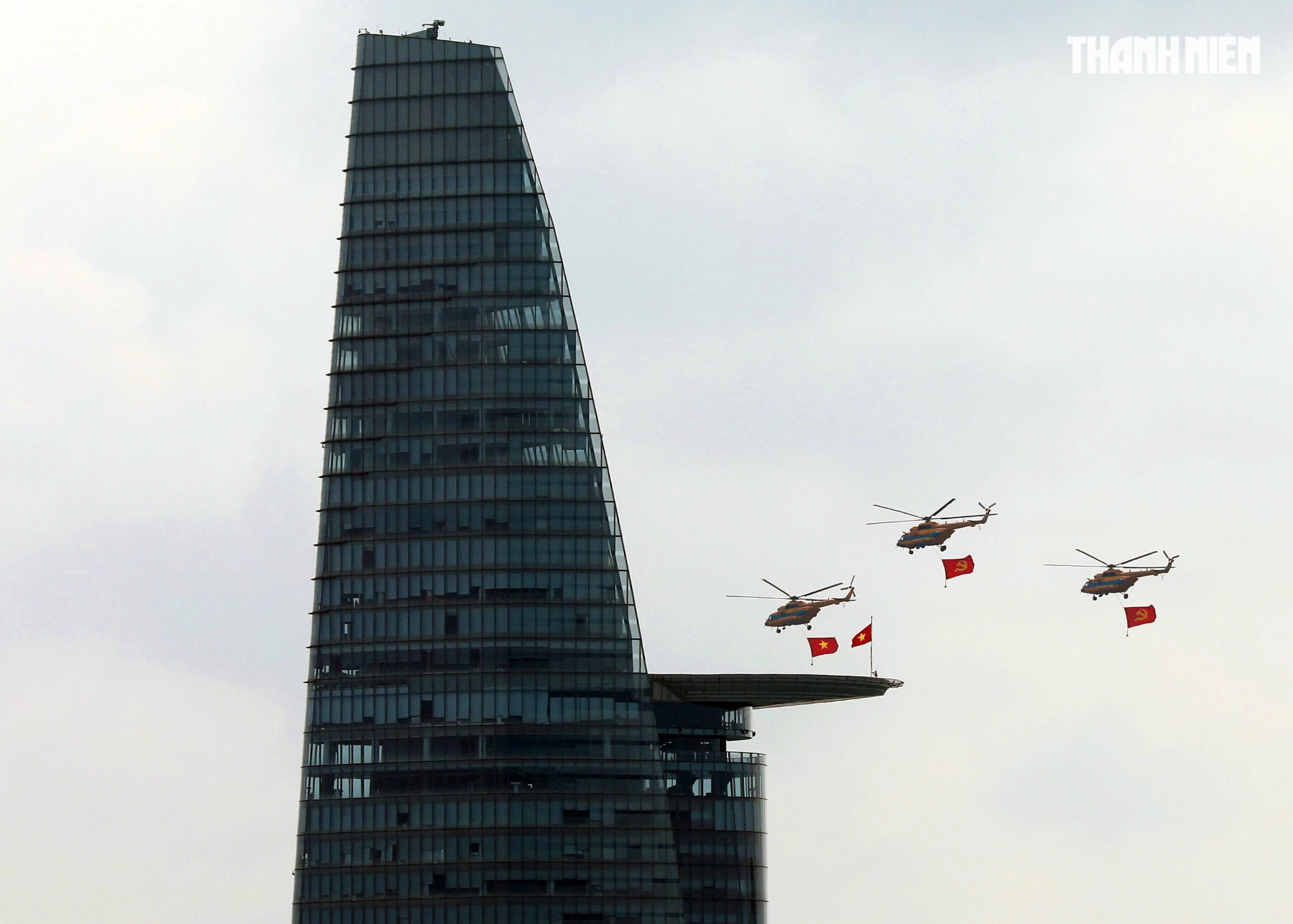
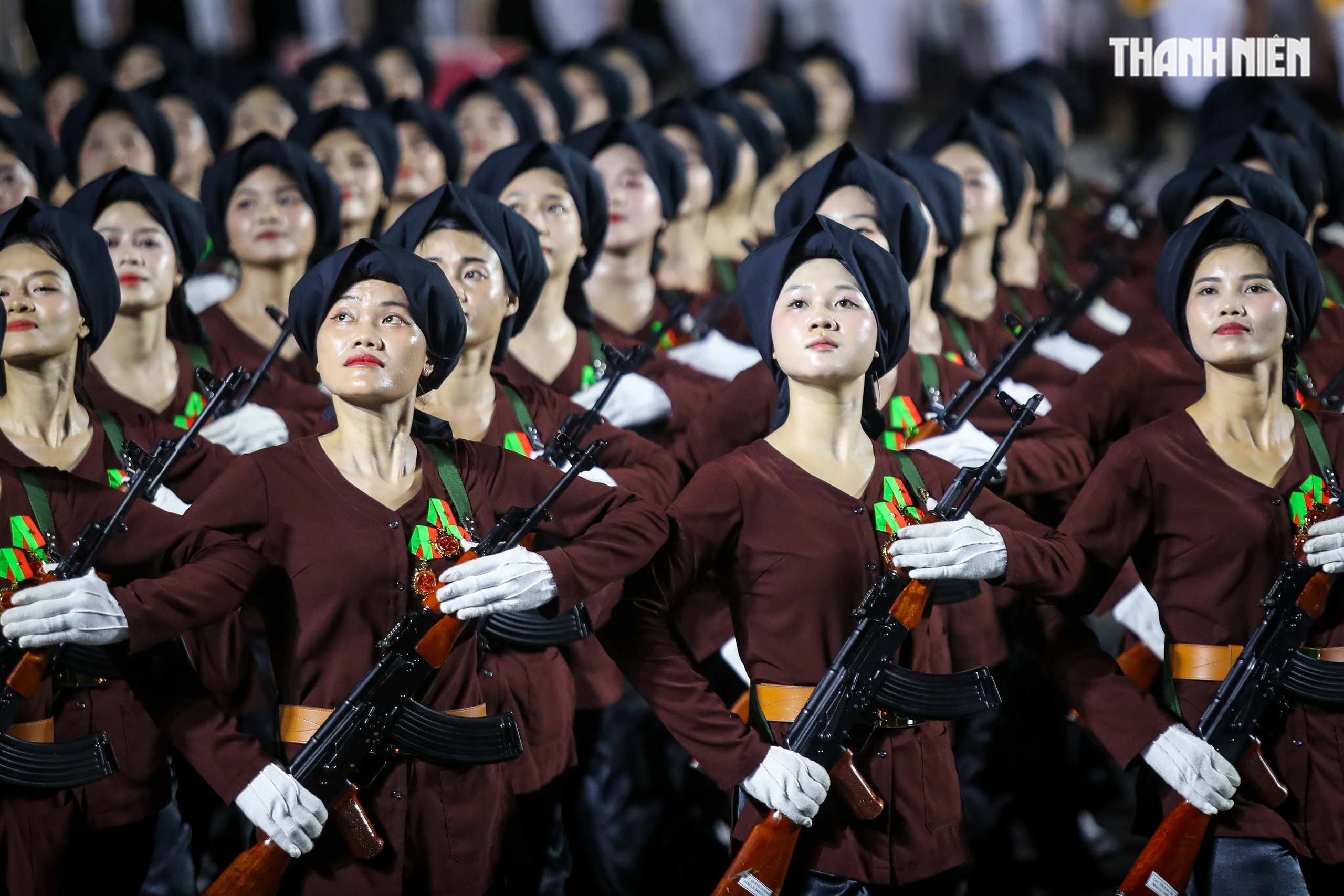


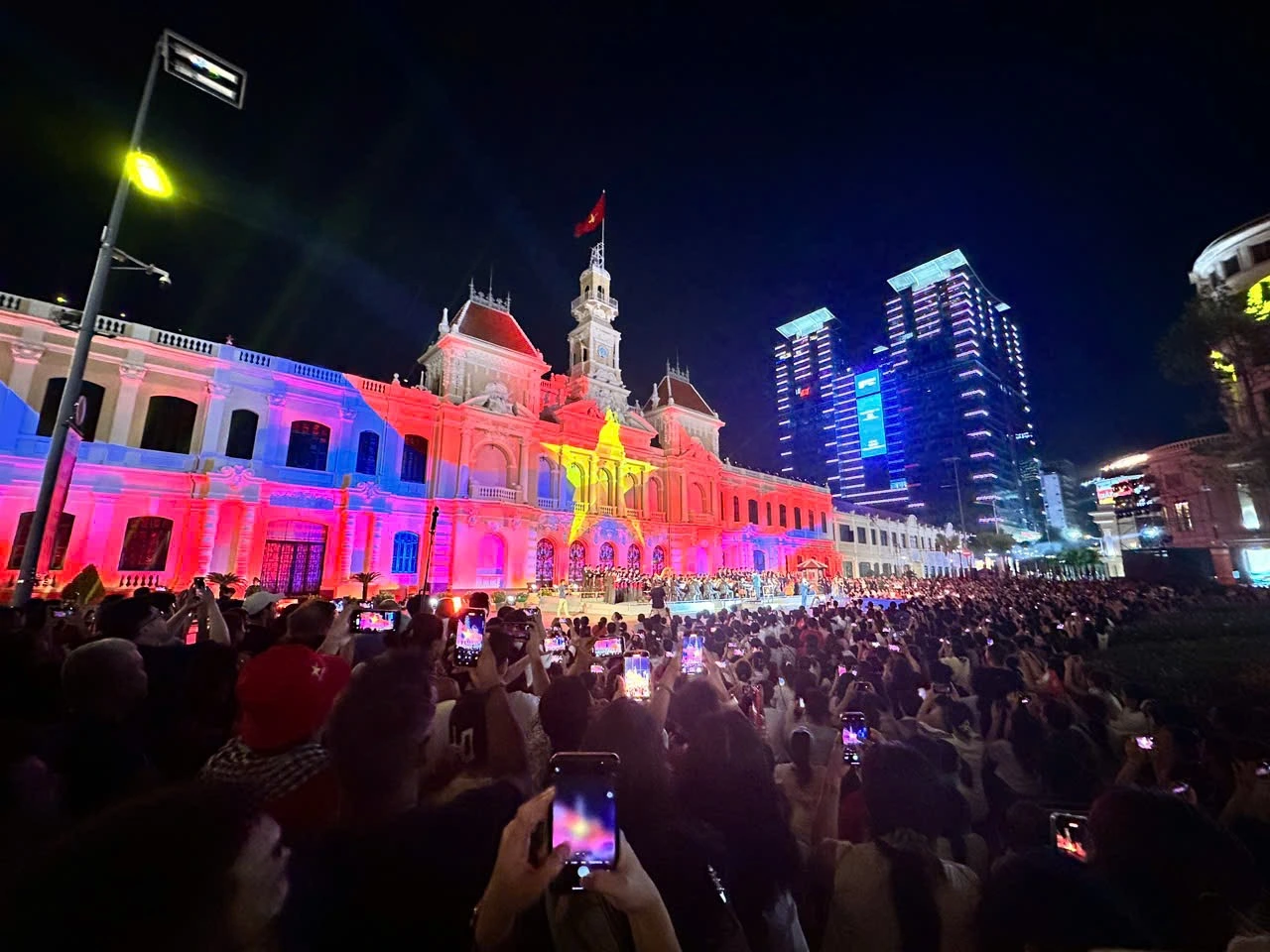
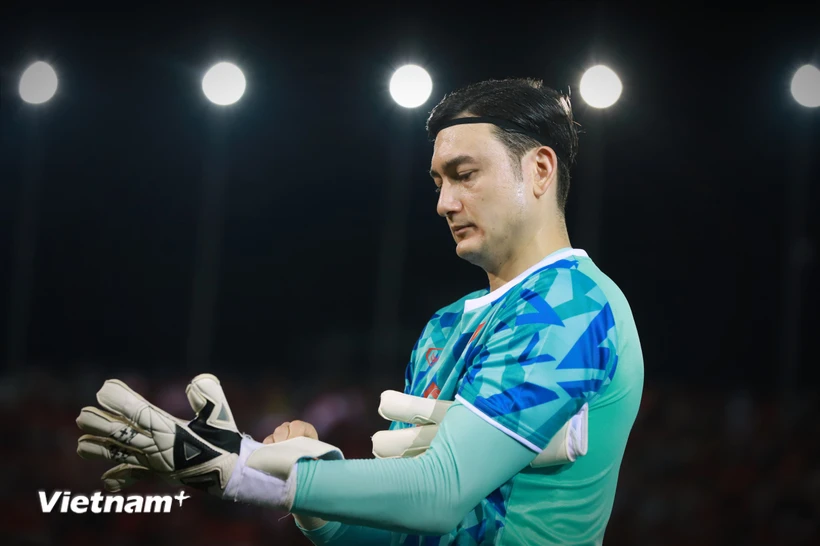

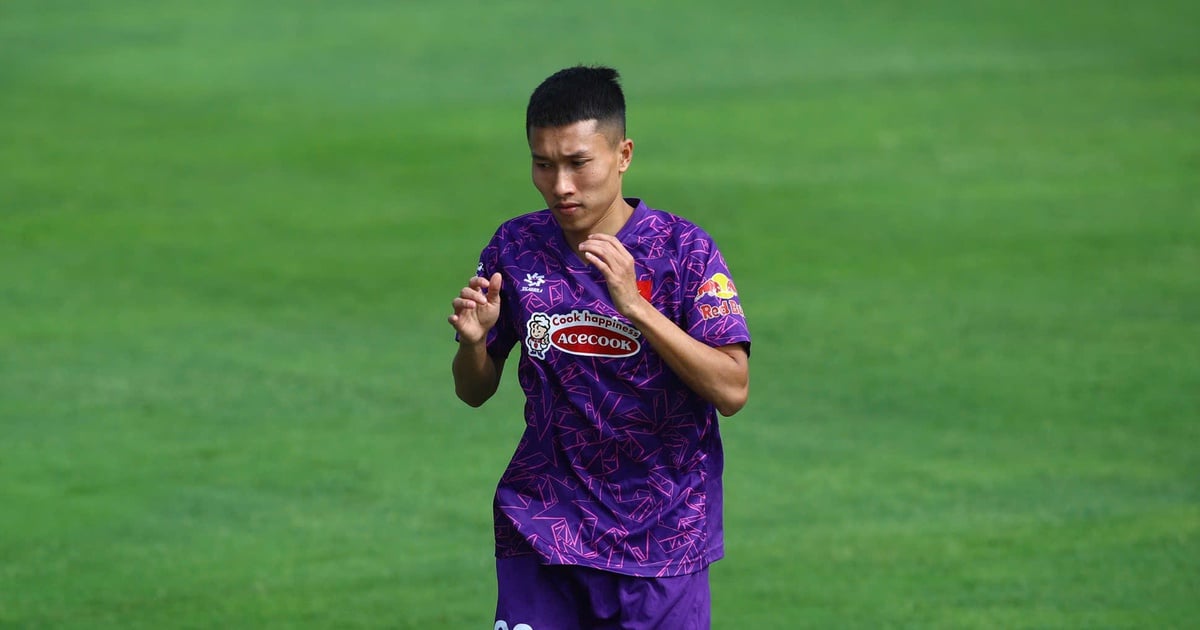
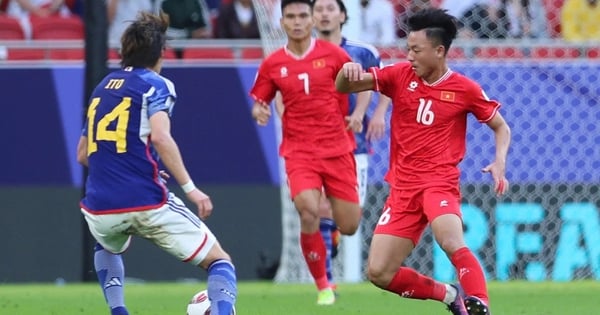




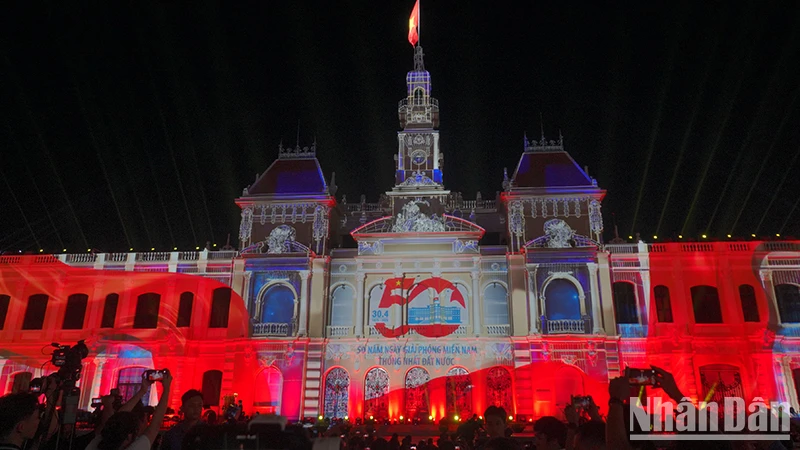
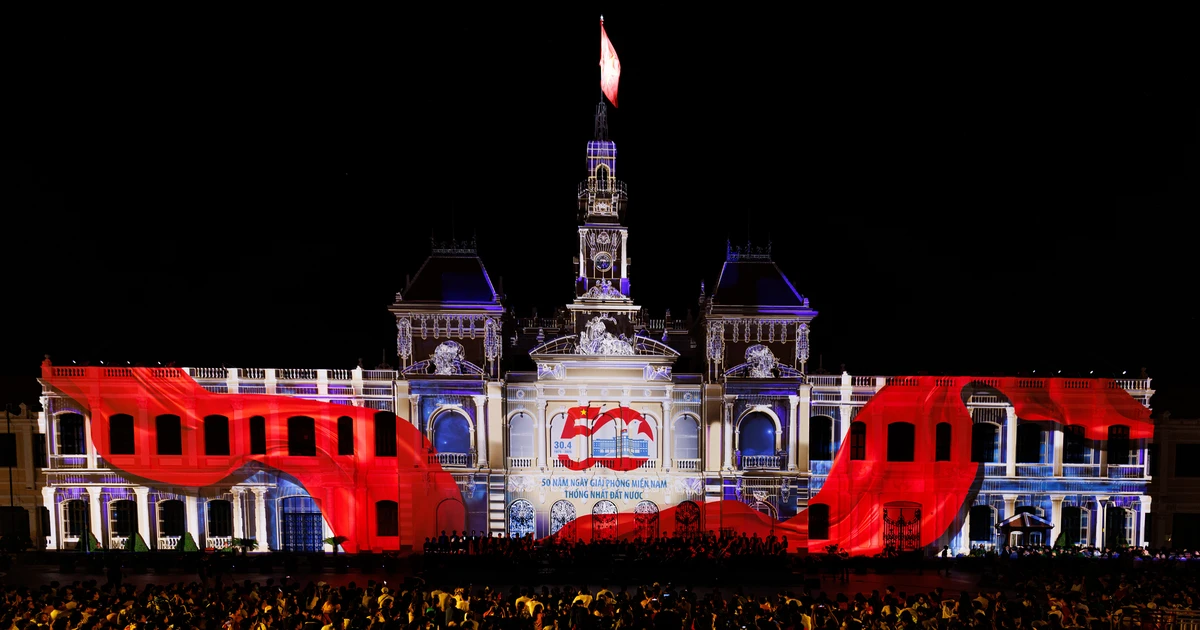
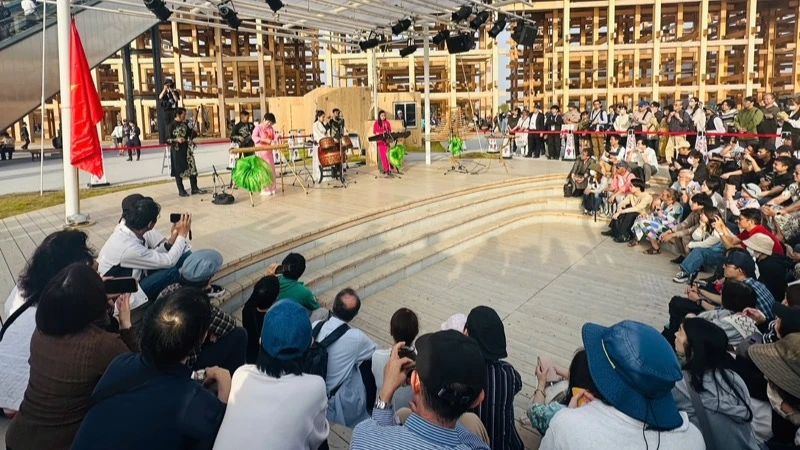

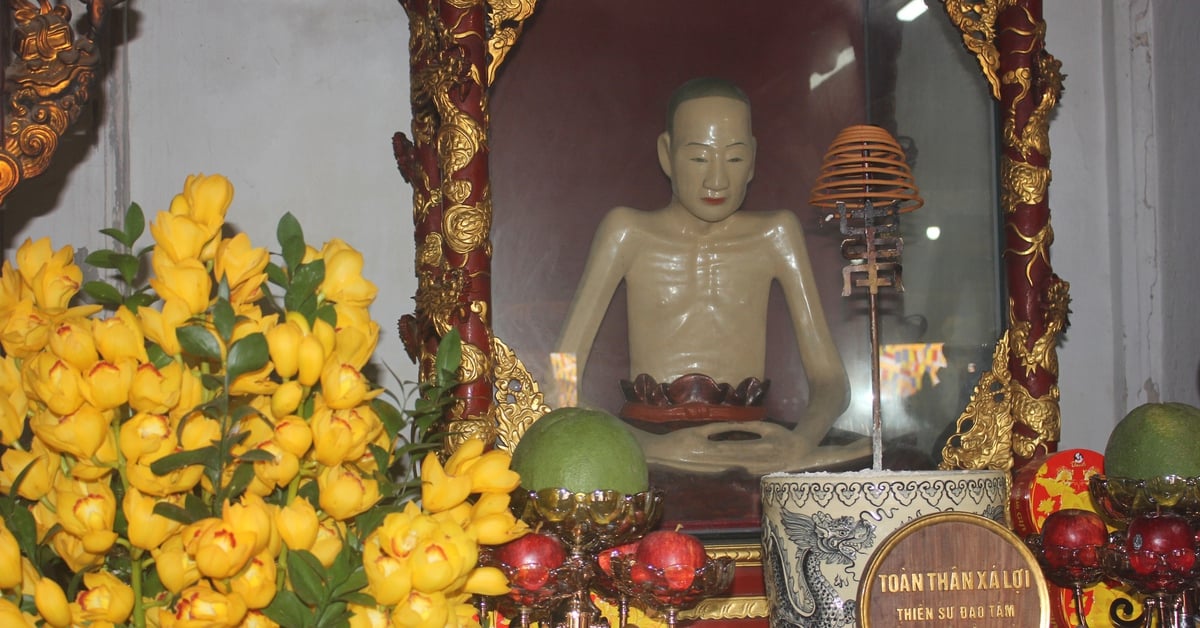
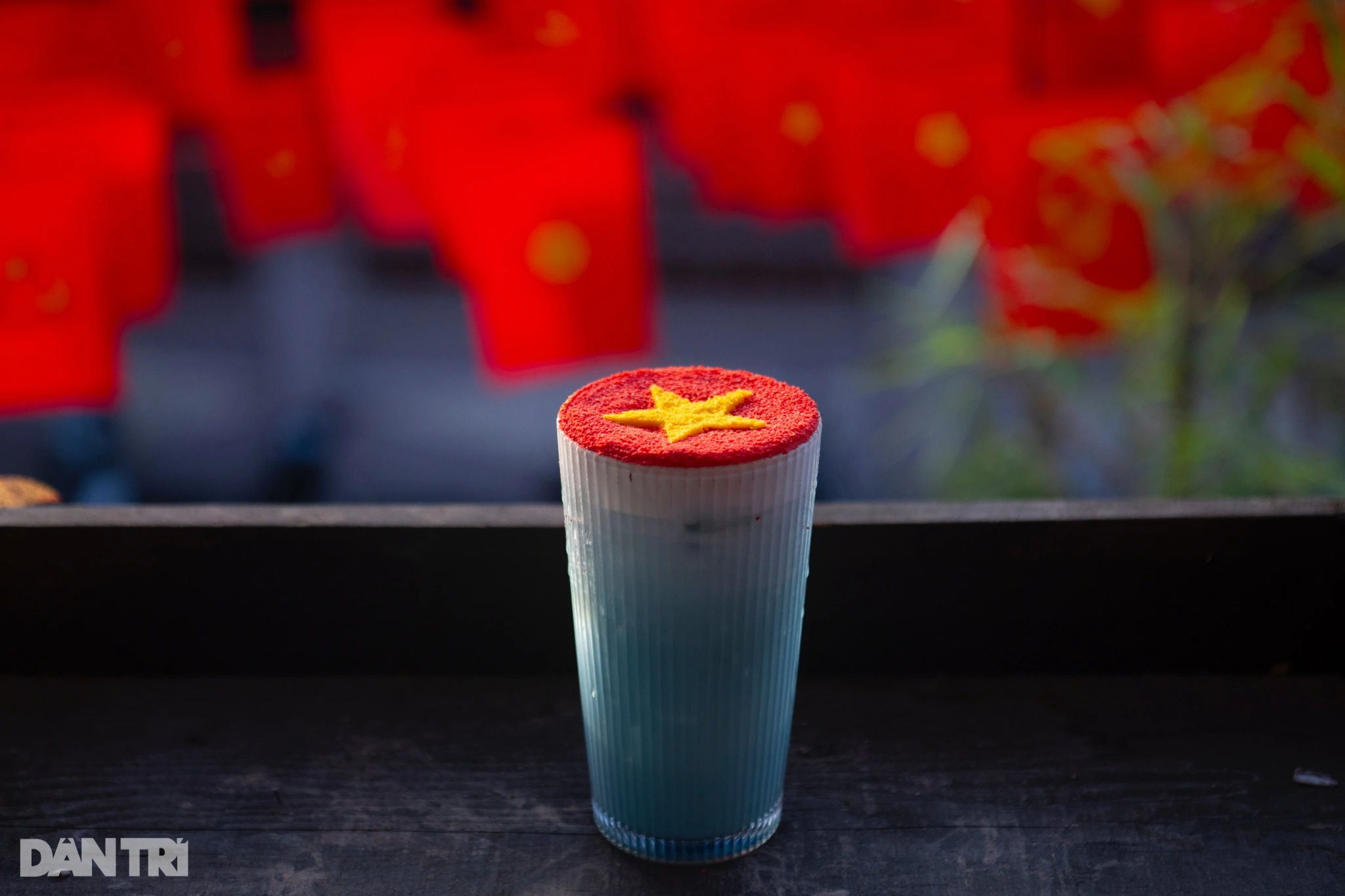
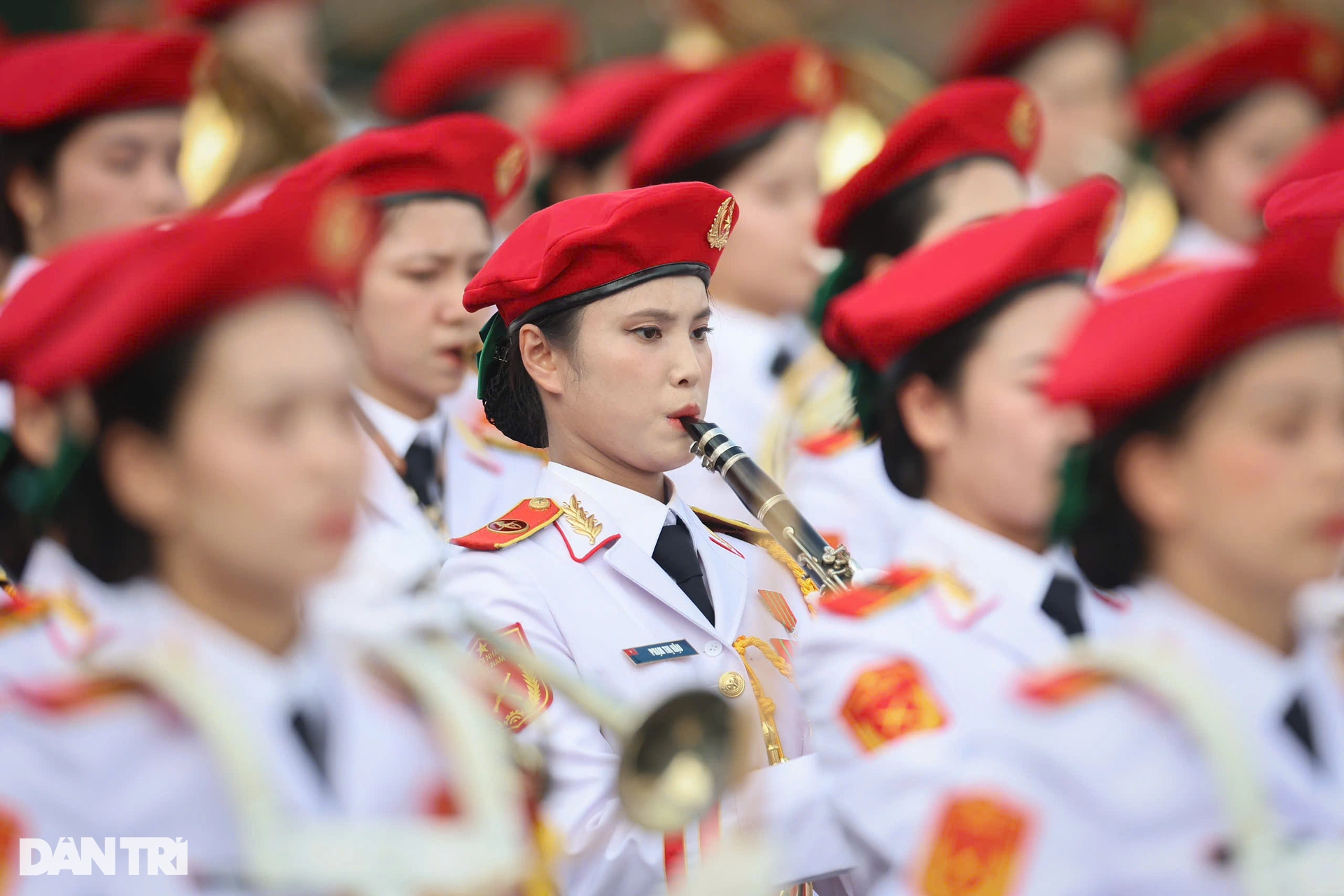




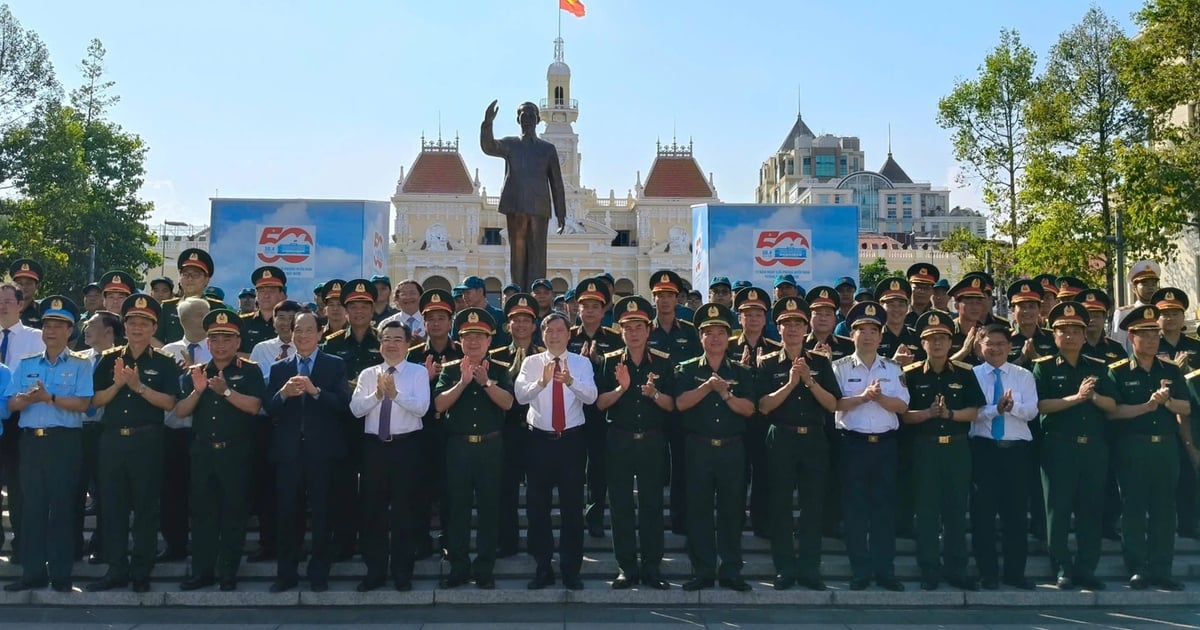




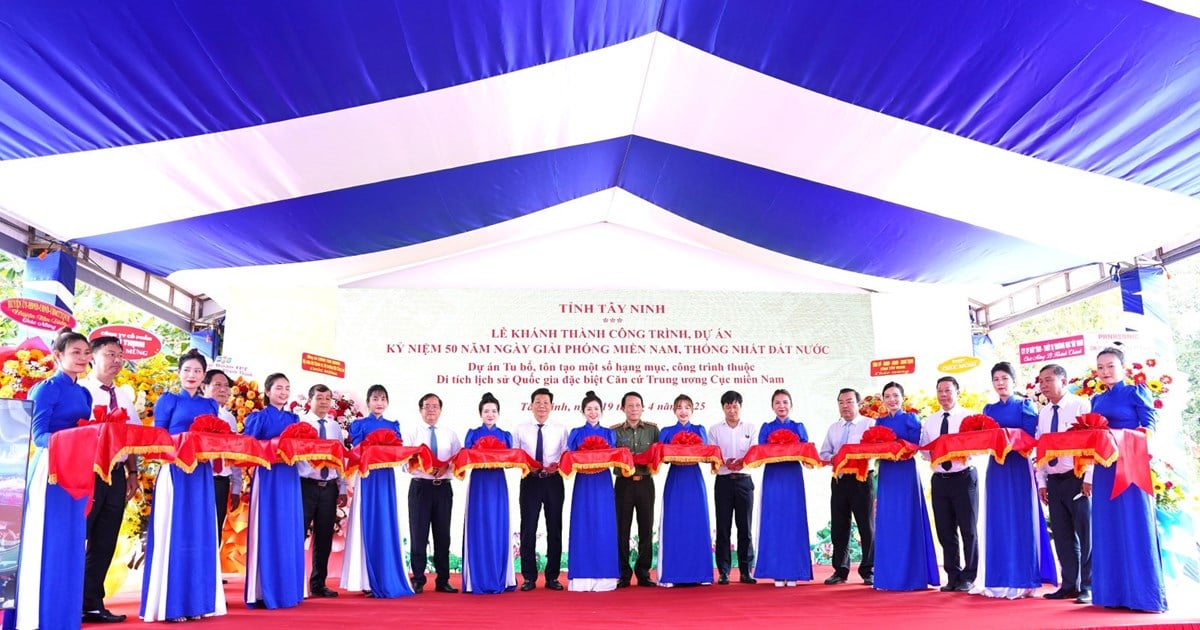


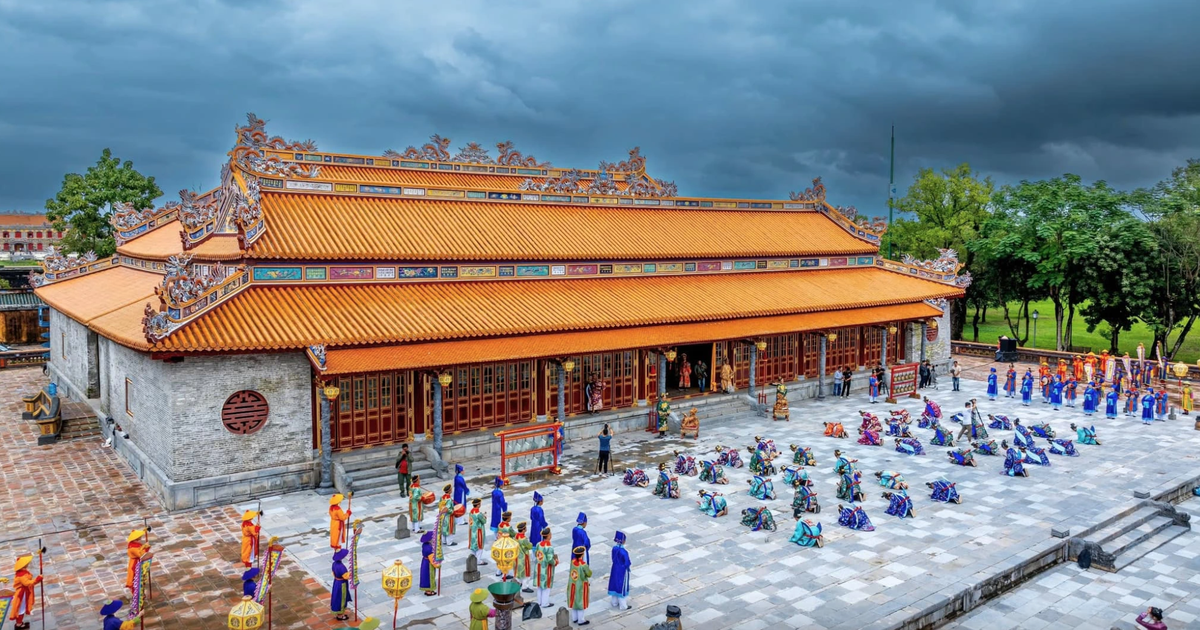

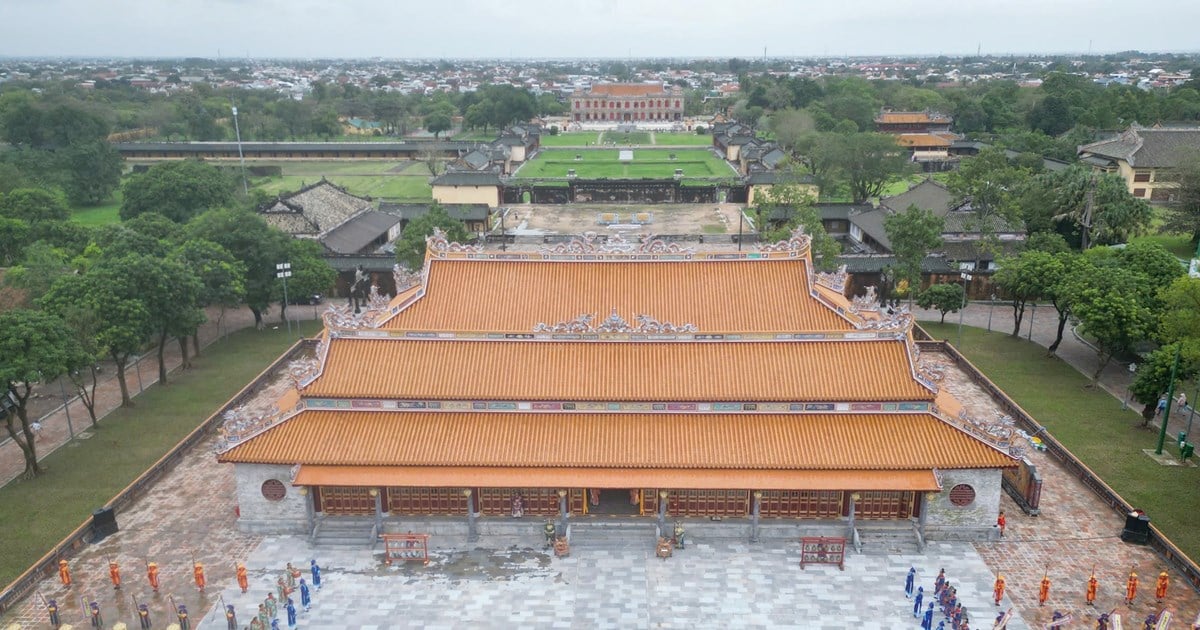
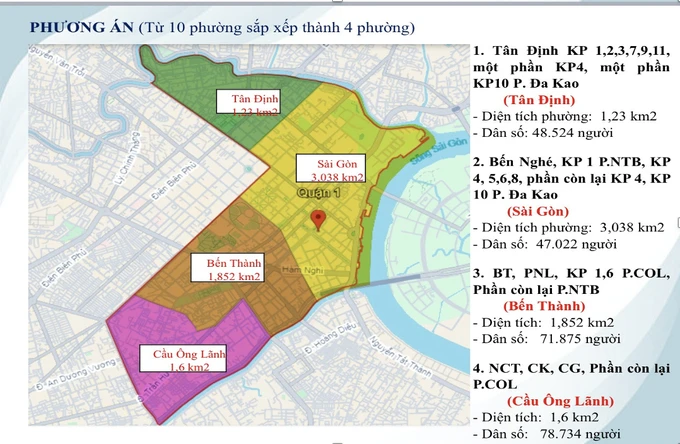

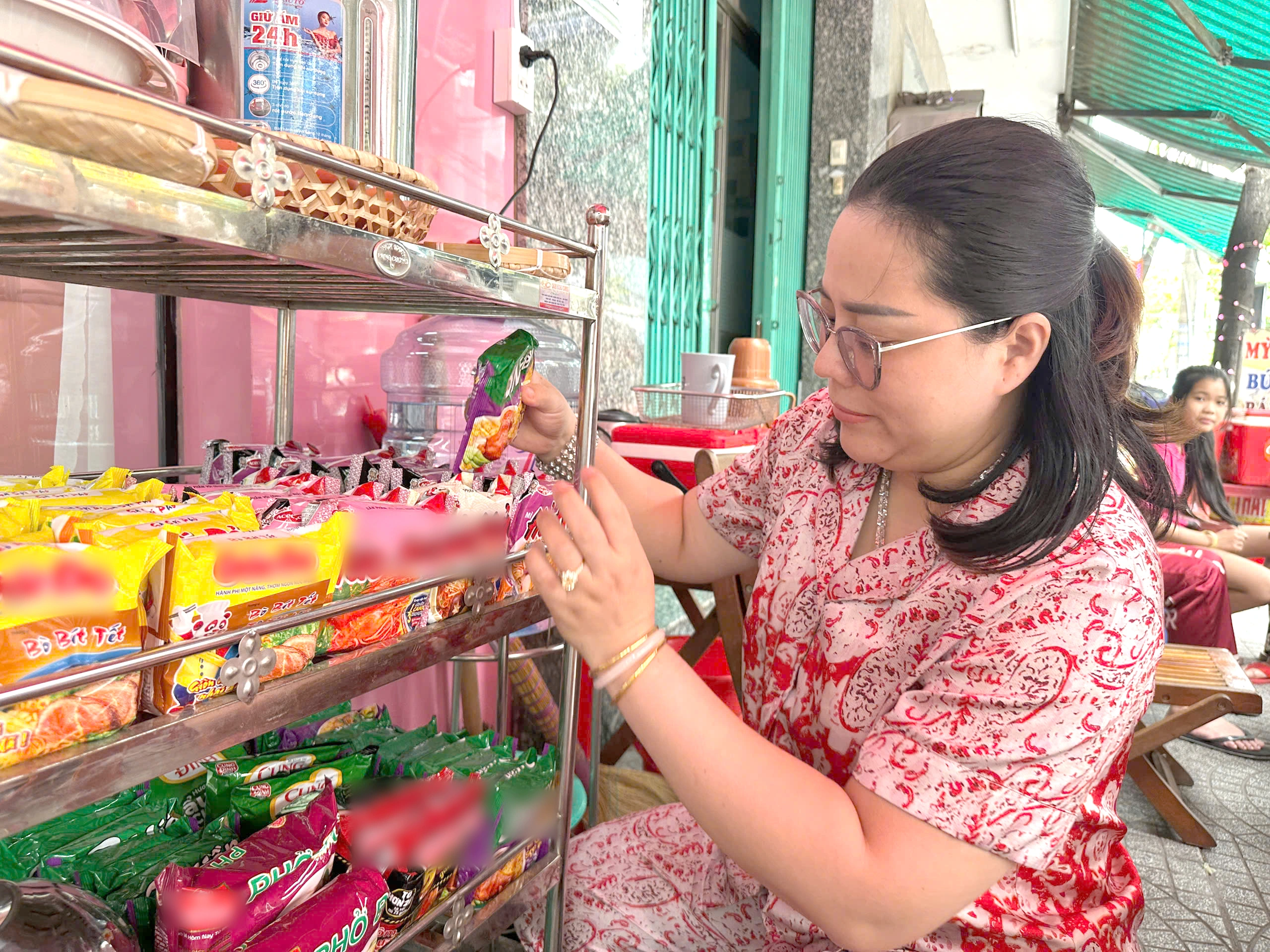
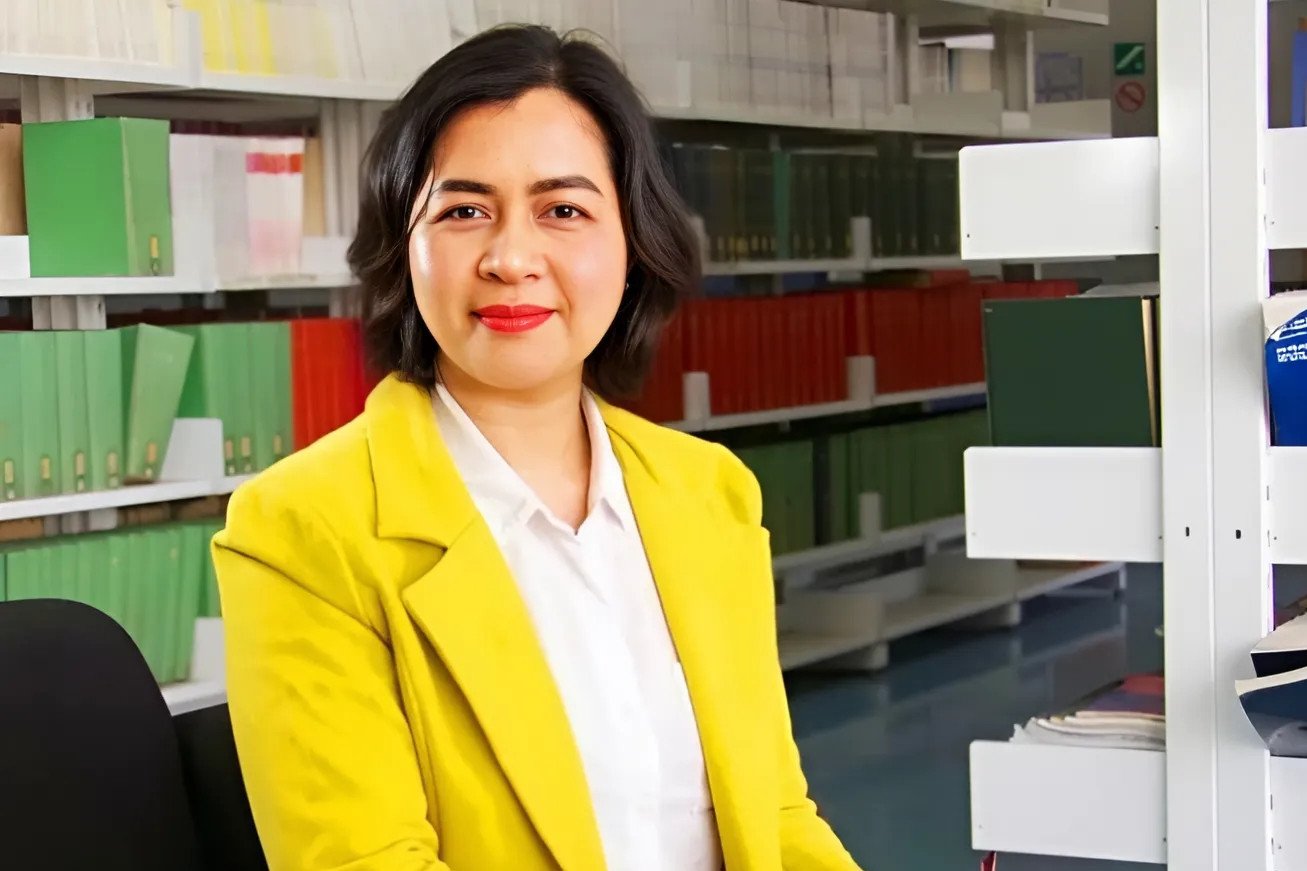








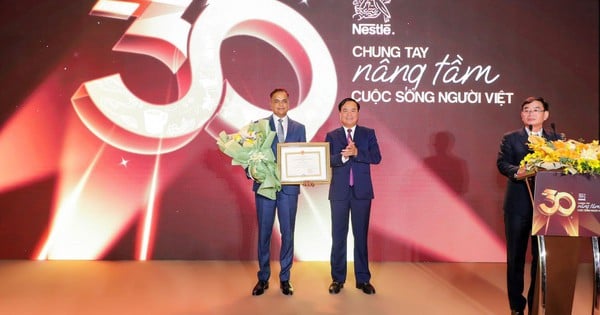






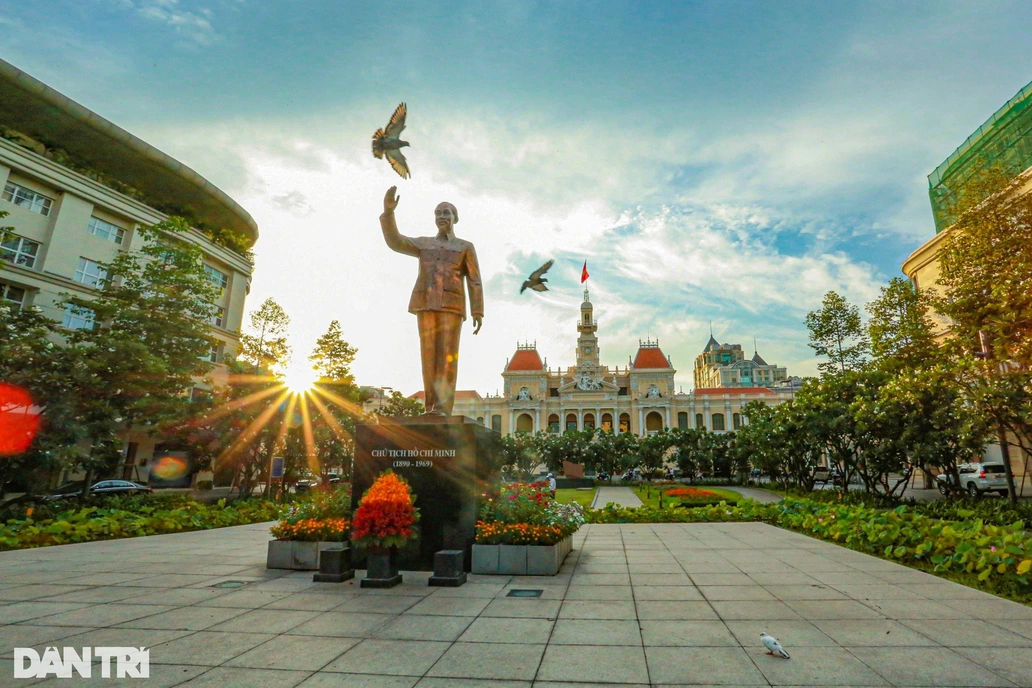
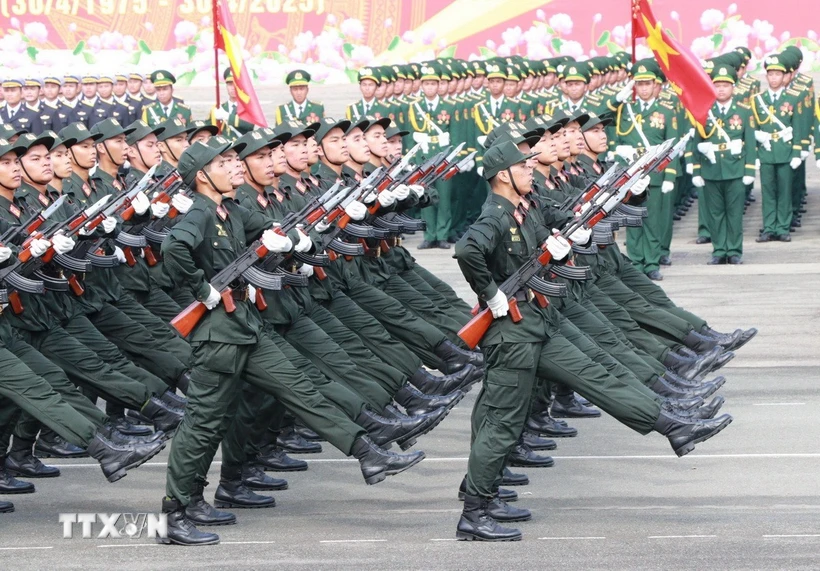

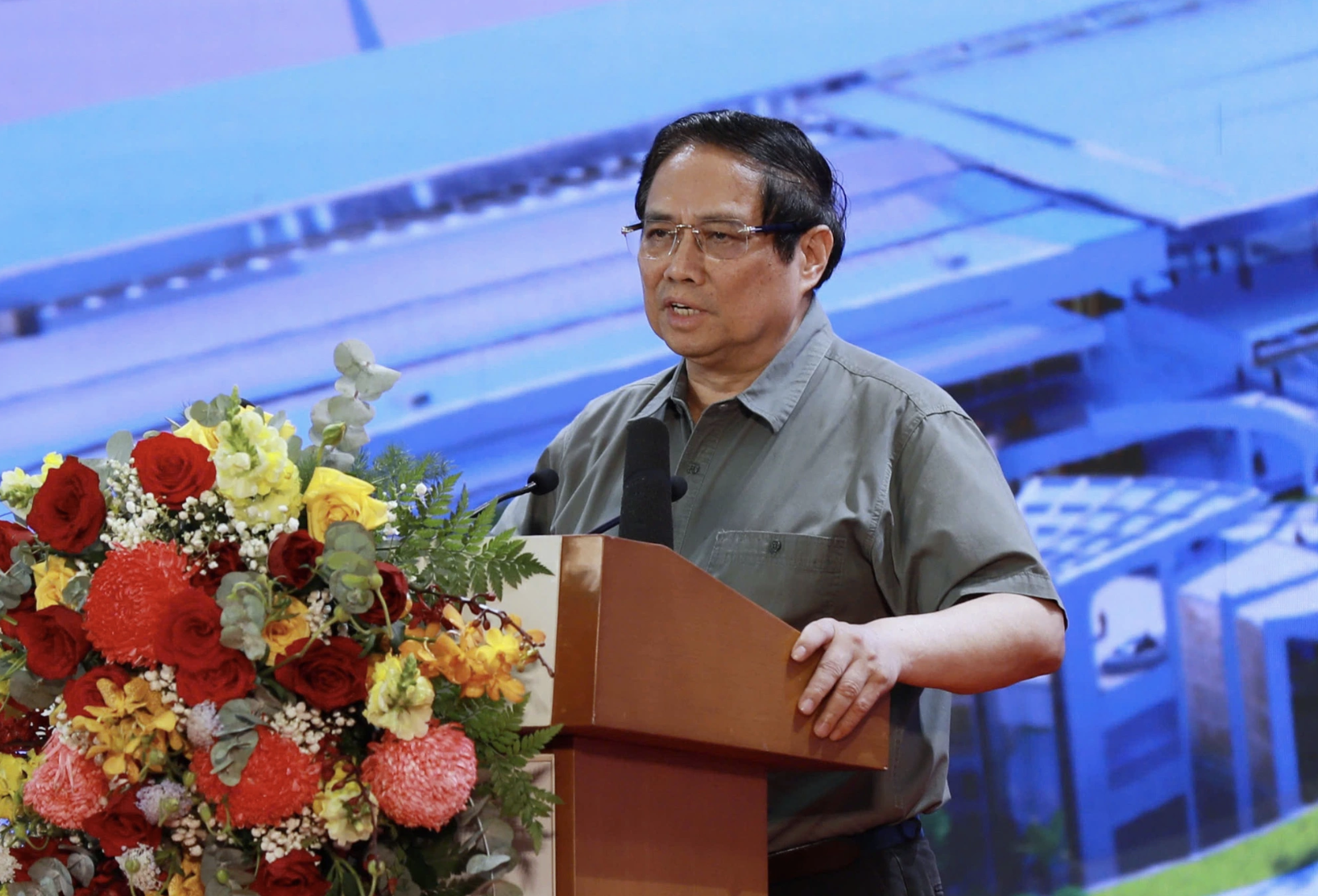



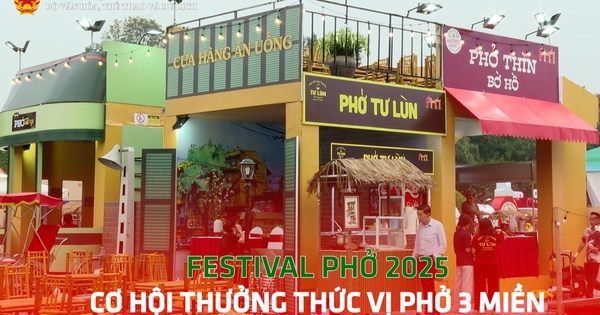

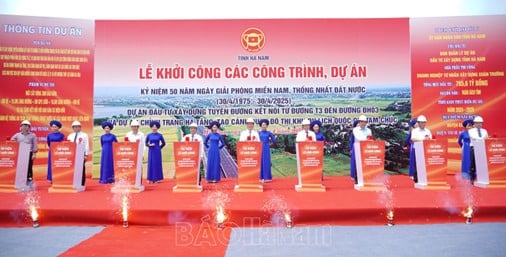

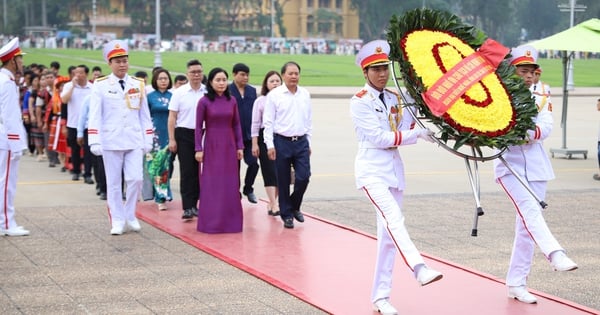

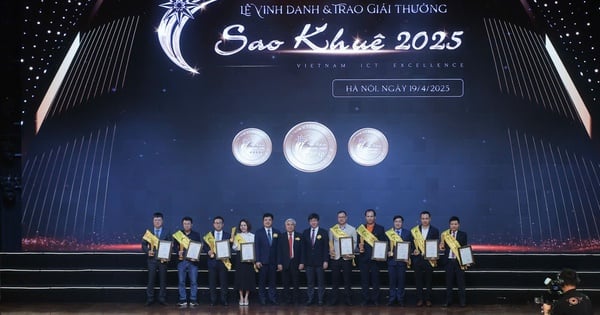

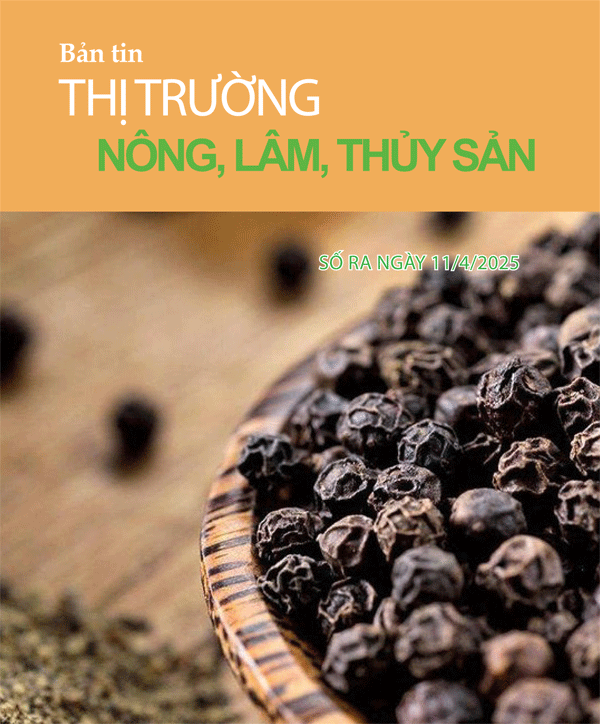
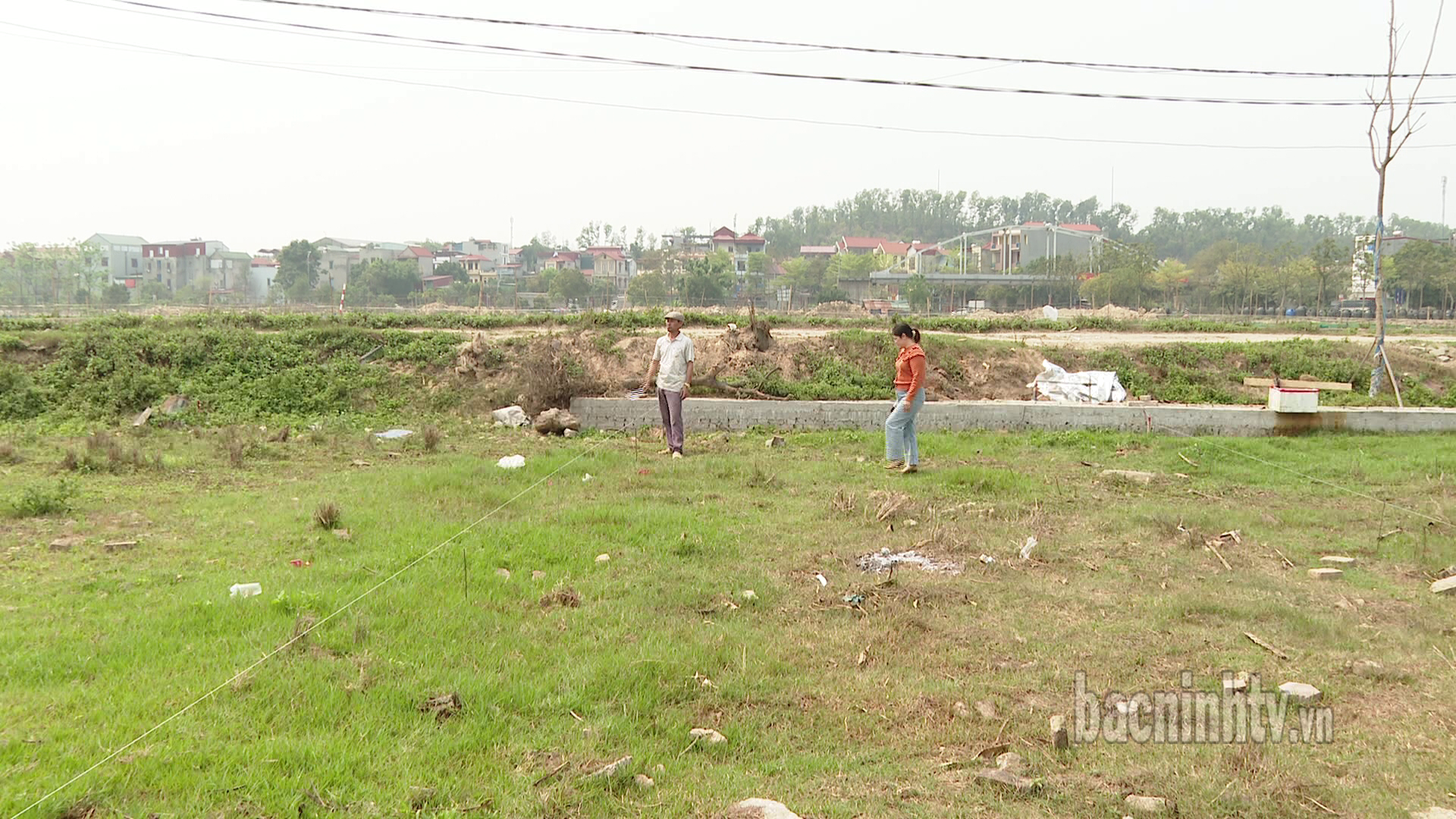


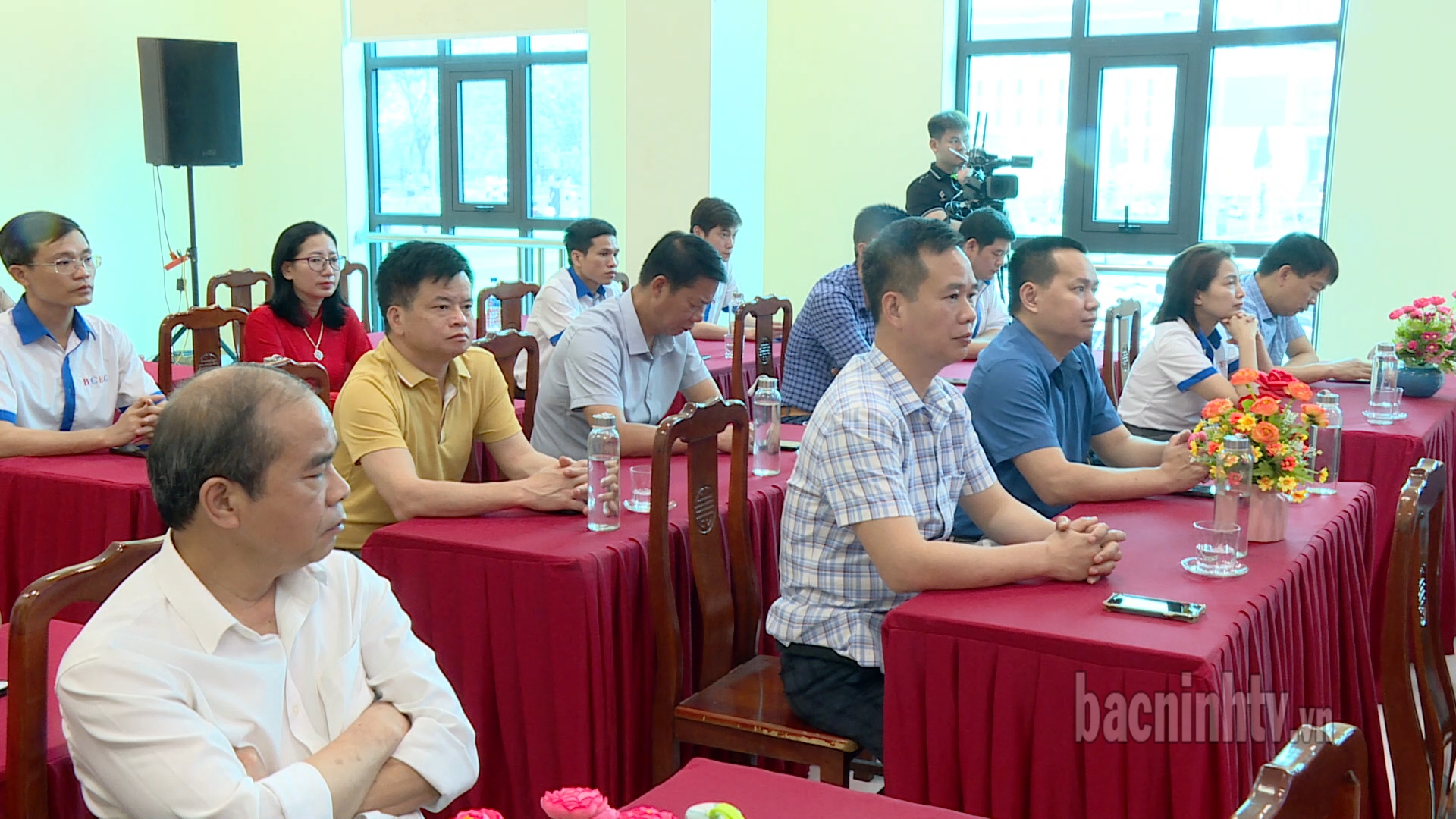
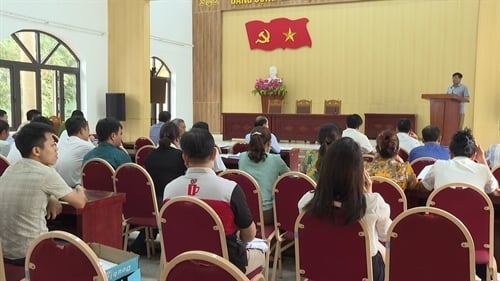









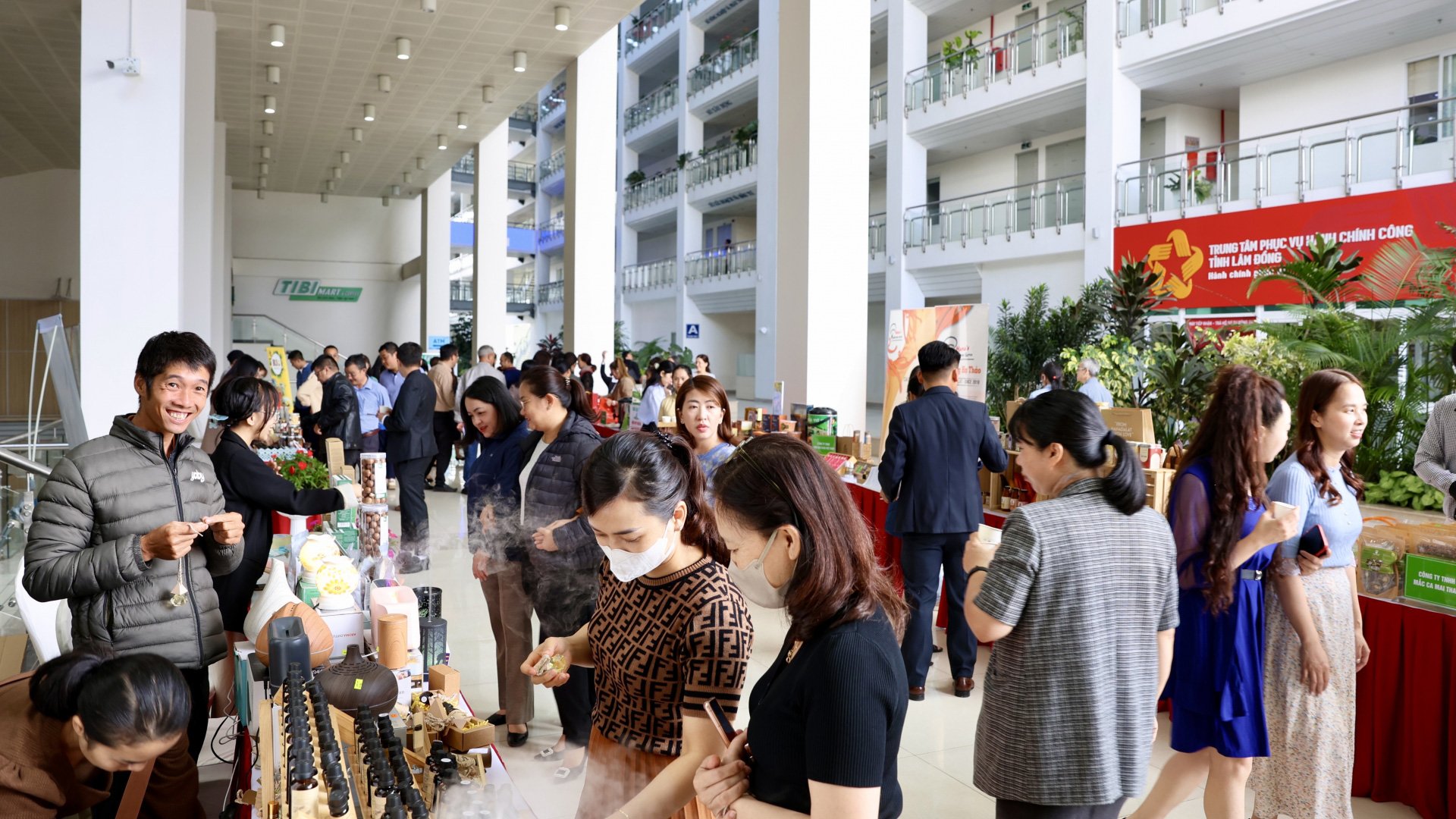



Comment (0)